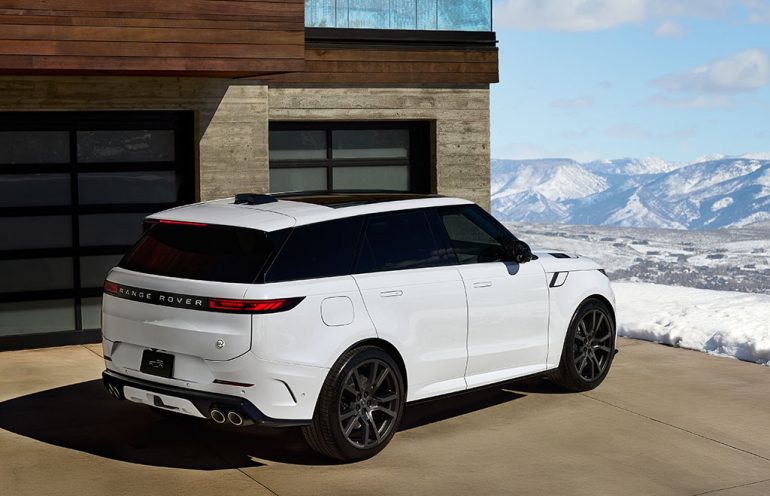JLR’s Shipment Pause

In a surprising move shaking up the auto industry, Jaguar Land Rover (JLR) has decided to halt shipments of its UK-manufactured vehicles to the United States throughout April. This decision is a direct response to the recent 25% import tariff introduced by President Donald Trump’s administration.
JLR, part of India’s Tata Motors, reacted to this change in trade policies by pausing shipments as a strategic measure to manage the unexpected trade shift. “We are engaged in addressing the new trading terms with our business partners, taking short-term actions including a shipment pause as we devise mid- to long-term plans,” stated JLR in a recent communication.
Impact on the UK Auto Sector
This situation highlights the sensitivity of the UK’s auto industry to global trade fluctuations. The U.S. stands as the second-largest market for British cars, second only to the European Union, with nearly 20% of UK car exports heading across the Atlantic. With about 200,000 individuals employed in the UK auto sector, such shifts carry substantial economic implications both at home and internationally.
Economic Repercussions
JLR, a powerhouse of British automotive manufacturing, heavily depends on U.S. sales. With around 400,000 vehicles sold annually in the U.S., including popular models like the Range Rover Sport and Defender, the American market makes up nearly a quarter of JLR’s global sales. This newly implemented tariff represents more than a slight setback—it threatens JLR’s profit margins and future growth prospects.
Geopolitical Context
The tariff, coming into effect on April 3, is part of a series of protectionist policies reintroduced in 2025 as global geopolitical dynamics evolve. This extends beyond the UK and involves an array of goods from various countries, indicating a wider shift in international trade relations rather than a UK-specific conflict.
Current U.S. Inventory
Fortunately for JLR, there’s already a buffer of inventory in the U.S., meaning immediate shortages are unlikely. According to reports, the company has several months’ worth of cars ready for sale in the States, unaffected by the tariff. This grants JLR a critical period to plan its next steps effectively.
Future Implications
The next phase hinges on whether the UK can secure a beneficial trade agreement with Washington—a goal British officials assert remains a priority. As JLR and other UK manufacturers navigate these turbulent waters, reevaluating short-term plans while recalibrating long-term strategies becomes crucial.
For now, American consumers might not feel the pinch immediately. However, if these trade tensions persist, prices of luxury British vehicles could rise, and their availability might shrink as carmakers face increased production and logistical hurdles.
As the automotive world keeps an eagle eye on developments from Washington, one aspect is evident: in a landscape where trade policies can shift overnight, the capacity to adapt swiftly is as vital as engineering prowess.
BMW Teams with Alibaba
Corvette's Bold Future
Ioniq 6 Unveiled
Rare Ferrari Hits Auction
Opel's Electric Leap